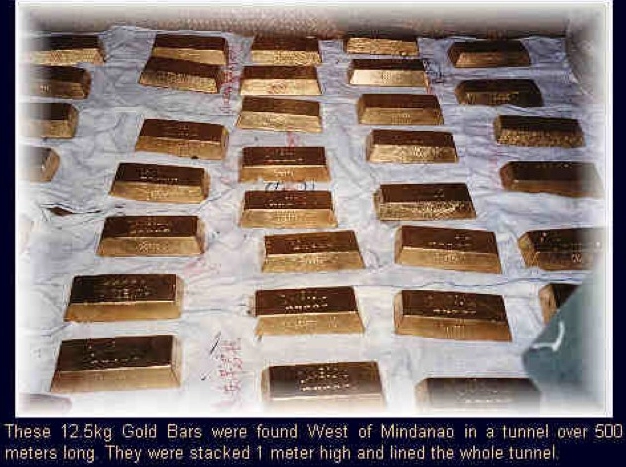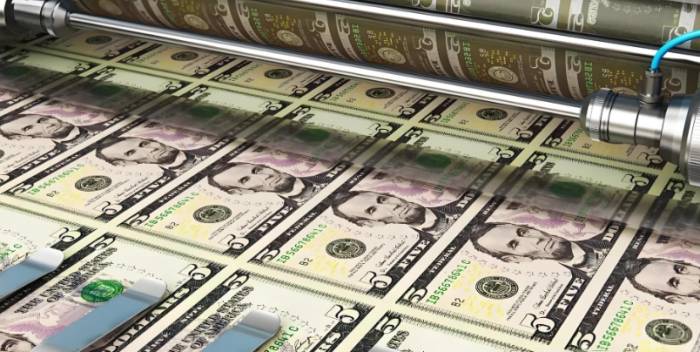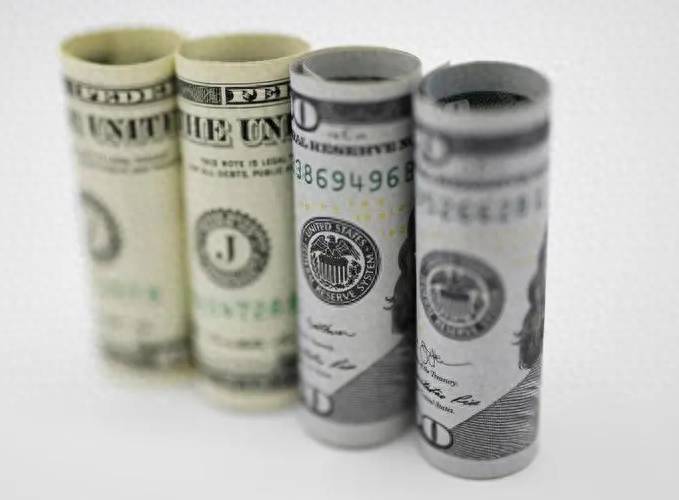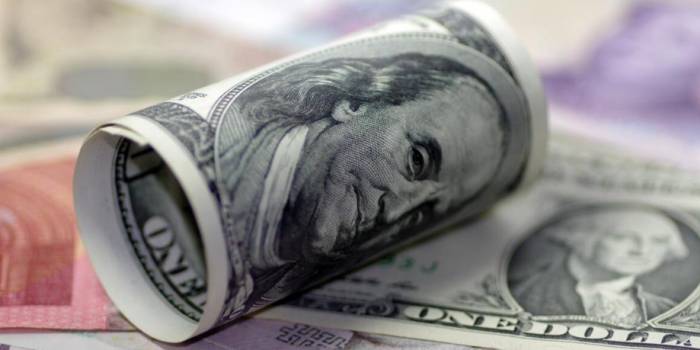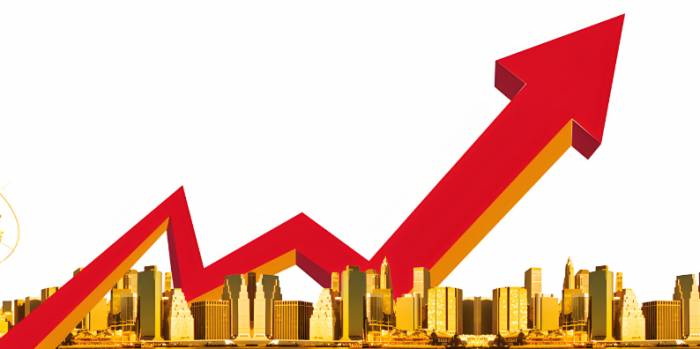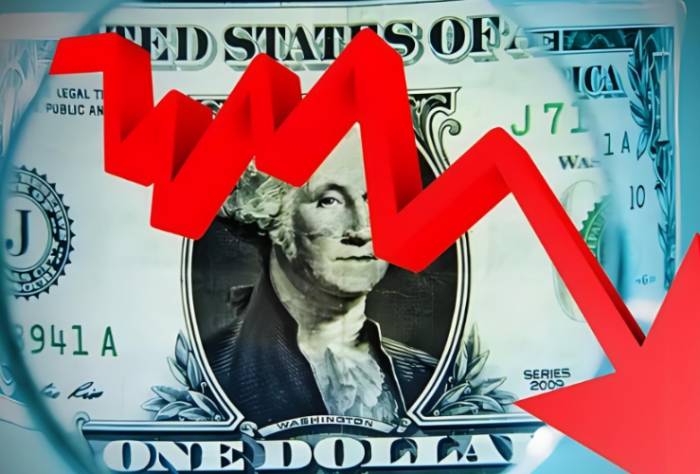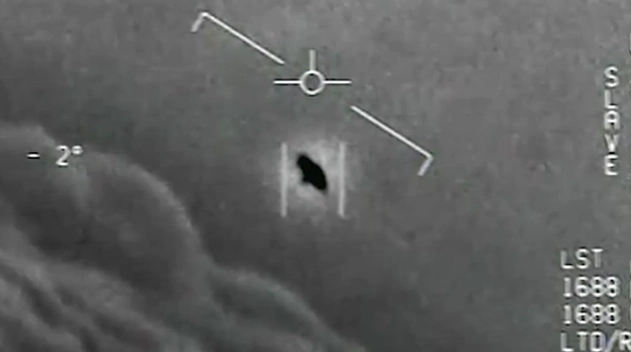Despite the Federal Reserve's significant interest rate cut last week, considering the risks of rising inflation, the Reserve Bank of Australia (RBA) held its ground for the seventh consecutive time.
On Tuesday, the Reserve Bank of Australia announced its latest interest rate decision, declaring that the key interest rate level would be maintained at 4.35%, in line with market expectations.
Since May 2022, the RBA has raised interest rates by a total of 425 basis points, with the last increase occurring in November last year, marking the seventh consecutive time the bank has kept the policy rate at a high level not seen in twelve years.
The monetary policy statement pointed out that although inflation in Australia has significantly declined since peaking in 2022, it remains above the upper limit of the target range.
Despite the RBA's hawkish stance, market expectations for a rate cut remain high.
After the interest rate decision was announced, the market's bets on the possibility of a rate cut at the December policy meeting remained roughly the same as before the announcement.
The yield on the policy-sensitive Australian three-year government bonds fell sharply, erasing previous gains, closing at 3.45%.
In the second quarter of this year, Australia's underlying inflation rate reached 3.9%, still higher than the central bank's target level of 2-3%, mainly driven by non-discretionary expenditures such as insurance, education, and housing.
In terms of employment, Australia's labor market remains in good condition, with the unemployment rate stable at a historical low of 4.2%.
Additionally, the RBA updated its expectations for the inflation trend, predicting that the country's inflation rate will not stabilize within the target range of 2-3% until 2026.
Societe Generale's Hong Kong-based interest rate strategist, Stephen Spratt, commented, "The Australian central bank used the word 'sustainable' four times in its statement, emphasizing that a short-term decline in inflation is not enough to convince them to cut rates."
"This seems to be a signal to the market not to overinterpret tomorrow's August CPI data, even though the data is expected to fall back within the target range."
Currently, economists generally expect the RBA's rate cut cycle to begin in February next year, while the market estimates a two-thirds probability that the bank will start an easing cycle in December.
From the statement, the RBA is confident in its fight against inflation, and it is expected that inflation indicators will continue to be an important reference for the path of monetary policy: "The committee remains firmly determined to bring inflation back to the target level and will take the necessary measures to achieve this outcome."
"Policy needs to be sufficiently restrictive until the committee is confident that inflation is moving sustainably towards the target range."



